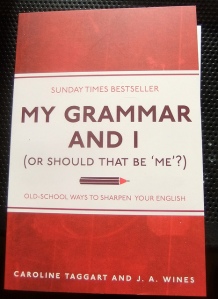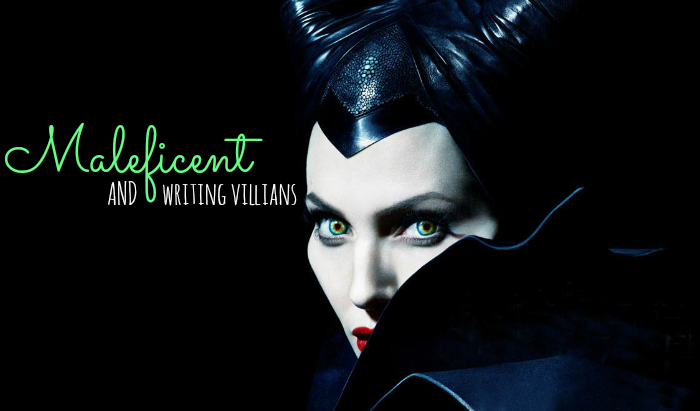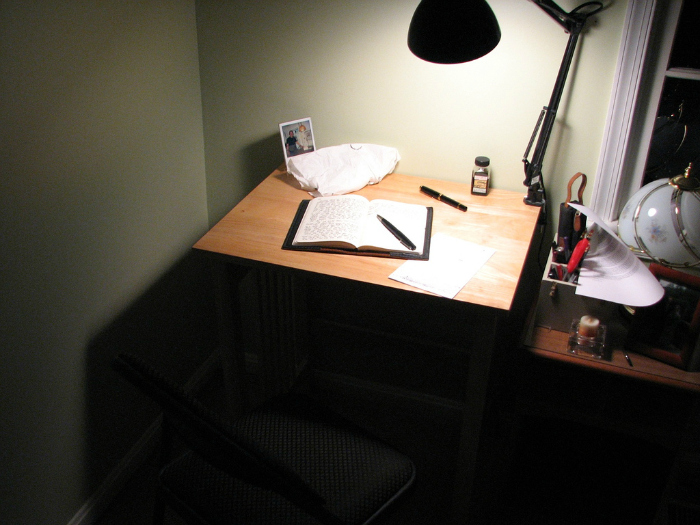[caption id="attachment_2785" align="alignright" width="300"]

Photo credit:
Christian Bucad on Flickr[/caption]
Many writers worry about putting swear words in their writing. For one reason or another, I’ve had several people tell me that they want to keep curse words out of characters’ dialogue. I believe in using profanity, but only when it’s needed. Cursing works well if it’s done correctly. Check out these tips for writing swear words without going overboard.
Moderation is Key
I can’t tell you how many times I’ve heard someone say, “I enjoyed reading the book, but there was too much profanity. It was distracting.” When it comes to using swears, a little goes a long way. When every other word sounds like sailor speak, you’ve ventured into dangerous territory. Try to use profanity only when it feels absolutely necessary.
Diction Reveals Character
The words that your characters use say a great deal about them. If a character would swear, let him swear; if not, you shouldn’t force it. In one of my short stories, a woman preaches against profanity and disciplines her son whenever he uses “off-limits words.” However, when the woman finds out that her husband is missing in action, she is so shocked that she curses: “You’re shitting me… what the hell does ‘missing’ mean?” In this example, the shift in diction shows the woman’s inner turmoil.
Consider Your Audience
You should probably steer clear of using foul language if you’re writing a novel for the Christian fiction market. Likewise, if you’re writing YA, make sure you’re aware of profanity guidelines. For example, words like f***, g*d***, c***, and m*****f***** are hot-button swears that a lot of YA publishers would prefer not to see. Also, just so we’re clear, Go the F*** to Sleep, is not actually a children’s book (though it is hilarious).
When in Doubt, Take It Out
If you don’t get the warm fuzzies reading something you’ve written, make some cuts. Most likely, your work won’t suffer if you take out some bad words.
You’re more than welcome to use profanity in your writing. Don’t let anyone tell you otherwise. The key is making sure you don’t use them excessively. Keep these ideas in mind the next time you write swearing and you should be good to go.
How do you feel about reading profanity? What about writing it?
Tweet tweet:
Afraid your swearing will scare off readers? Writer @thecollegenov has some advice about profanity. (Click to tweet)














